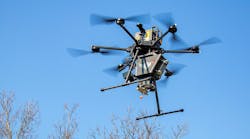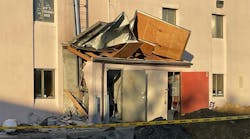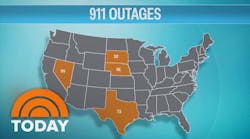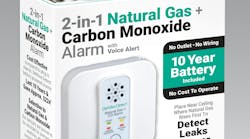There is little doubt that personal digital assistants (PDAs) and other “smart” devices have been of benefit to both the public and to public safety. Any number of applications exist that target emergency response needs for citizens and firefighters alike. But when it comes to Public Safety Answering Points (PSAPs), the jury is still out. That isn’t to say that this technology has a universally negative impact. That would certainly be incorrect. However, digging deeper into all aspects of these digital devices leaves room for question.
Take the issue of accessing emergency assistance, for example. The basic functions of 9-1-1 are to provide free and universal access to fire, police, and EMS. Sounds good until you insert an app somewhere in the process. Some programs allow the provision of additional caller information with the call. Medical conditions and emergency contact numbers can be delivered automatically; that is, if the subscriber and your 9-1-1 center are using the same service. And what happens if your center decides to drop or change services? Legal and moral issues arise when third-party providers are used to enhance the 9-1-1 experience.
Emergency notifications
I am aware of at least one app proffered to notify your friends and family when you call 9-1-1. On the surface, this sounds commendable, but in reality it doesn’t tell them where you were or why you called. Are you home or on vacation in another state? Are you having a heart attack or did you just witness a minor collision? Without this information, those notified have no idea where to start seeking such information.
Both the National Emergency Number Association (NENA) and the Association of Public-safety Communications Officials (APCO) International offer cautionary tales regarding applications designed to help report emergencies. In addition to the categories mentioned above, there is concern regarding any application that requires the telecommunicator to use the Internet to gather data (they may not have access due to security reasons) and the need to clearly identify applications that deliver the caller to a third party for relay to 9-1-1. (See additional information at http://c.ymcdn.com/sites/www.nena.org/resource/resmgr/Docs/Smartphone_Apps_Consideratio.pdf and at http://appcomm.org/.)
However, the use of smart devices within the dispatch center can also be problematic. Granted, they can be invaluable for running hazardous material and weather programming, as well as for interface with notification systems. And in the event that the PSAPs phones should fail, they offer at least a limited link to the outside world. Perhaps the greatest concern is not the intelligence of the phone, but the presence of an unrecorded device in an environment where everything else is a part of the official record. Calls to and from dispatch and the field, if not recorded, can become a significant point of contention should a request be misinterpreted or ignored. For this reason alone, the use of cell phones for official business within the communications center should be avoided, if not downright prohibited.
But there is another more onerous concern – the misuse of employees’ own devices. At best, it becomes a petty annoyance when someone is constantly checking a Facebook account during workers hours. Unfortunately, a number of cases suggest that the concern rises to a higher level, including:
- A dispatcher terminated for texting a relative that they were wanted by law enforcement
- Several dispatchers posting comments to a social media site regarding a line-of-duty death prior to the notification of the deceased’s family
- A communications center trainer fired after video showed her checking her cell phone during a call (the trainee allegedly entered the wrong address on an EMS call, creating a delay in response; the patient died)
The list continues, and so does the problem. A new wave of technology has brought with it a new series of issues. Smarter may not always be better, but the best way to be smart is for every fire department to have a defensible, sensible policy on these devices.






